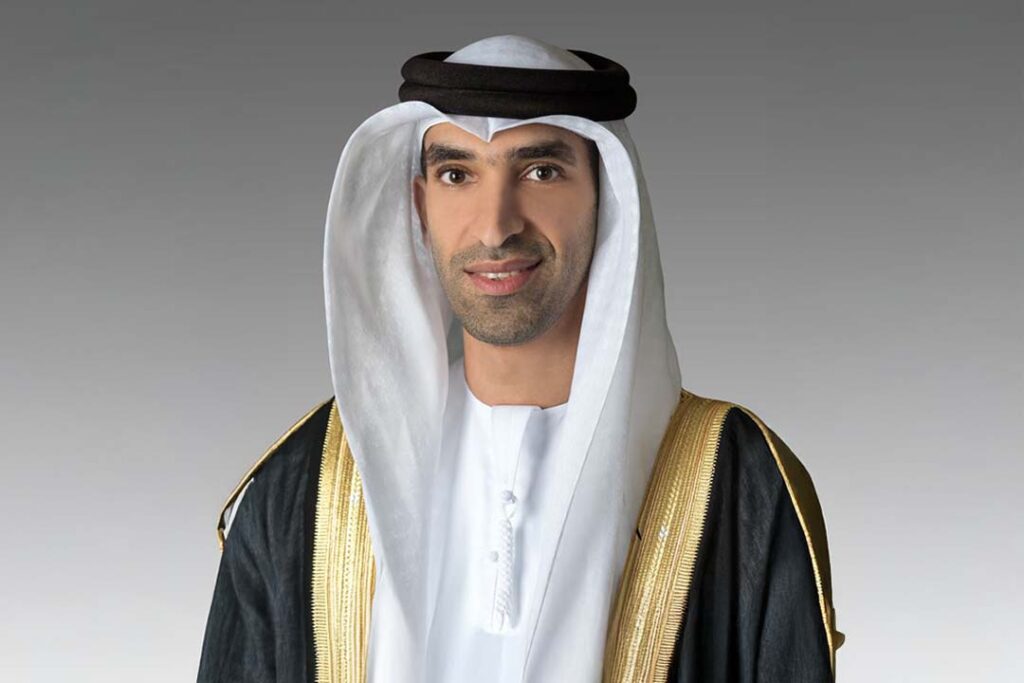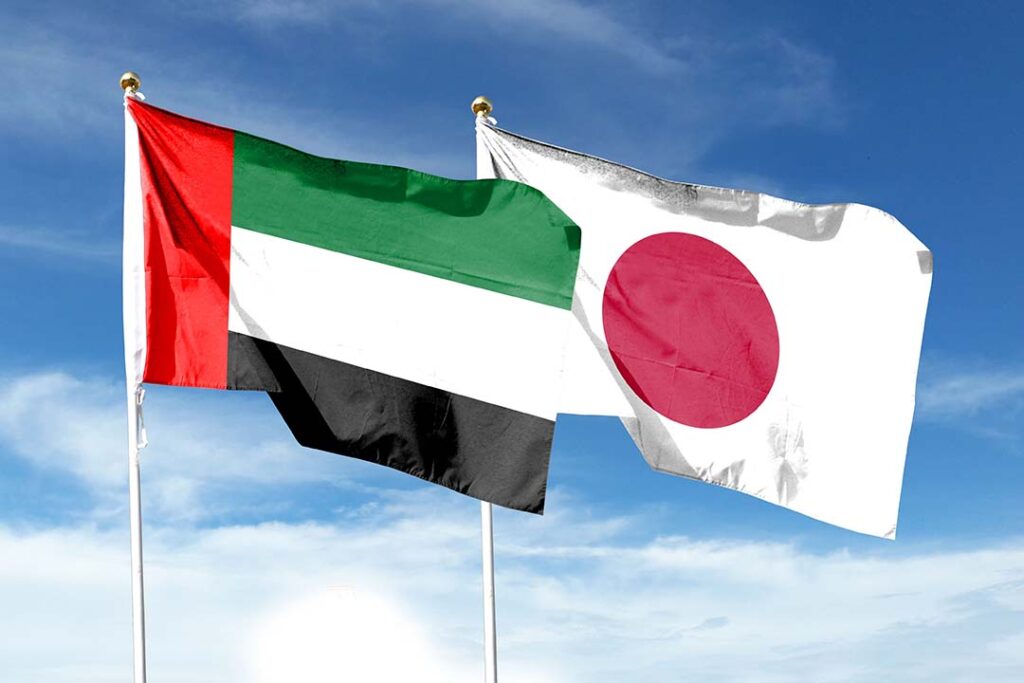Historically endowed with substantial oil and gas resources, Azerbaijan presently stands as one of the key contributors to Europe’s energy security. The country plans to annually export 20 billion cubic meters of gas to the European Union by 2027.
Business and investment push
Despite the prominent role played by its energy sector, Azerbaijan has been undertaking substantial measures to diversify its economy for sustainability and create an attractive environment for business and investment.
Azerbaijan’s strategic location within the region’s transport corridors, both north-south and east-west, along with well-developed infrastructure and growing industrial capacity, continue to attract foreign direct investment to nonoil sectors.
From 1995 to 2022, over $163 billion in foreign investment flowed into the Azerbaijani economy, with the total for the nonoil sector amounting to $63 billion. The industrial zones, serving as centers of investment- oriented infrastructure in Azerbaijan, have witnessed inflows in excess of $3.8 billion.
The internationally recognized liberated territories of Azerbaijan have been declared a “Green Energy Zone,” offering significant opportunities for cooperation, particularly in renewable energy.
These areas offer a potential 7,200 megawatts of solar energy and 2,000 MW of wind energy, in addition to hydropower.
In the meantime, exemptions from corporate income tax, property tax, and certain types of value-added tax represent just a small part of the extensive list of concessions offered in both the industrial zones and the liberated territories.
Ready to host climate talks
COP29, the United Nations’ next climate conference, is scheduled to be held from Nov. 11 to 24 in Baku, the capital.
While natural resources continue to play a crucial role in Azerbaijan’s economic cycle, the country remains committed to environmental stewardship. This commitment is evident in Azerbaijan’s selection as the host for COP29, showcasing its proactive role in advancing global discussions on climate change and sustainability.
Hosting COP29 underlines Azerbaijan’s dedication to fostering international cooperation and addressing pressing environmental challenges on a global scale.
Facilitating trade
The evolution of the customs and tax environment directly contributes to trade development. Azerbaijan has signed free and preferential trade agreements with 11 countries, as well as agreements on preventing double taxation with 56 countries.
Azerbaijan’s economic relations with Japan are in a phase of noteworthy development, particularly evident in the expansion of trade turnover.

In 2023, Azerbaijan’s exports totaled almost $34 billion, with nonoil products amounting to $3.3 billion sent to more than 110 countries.
New mechanisms including logistics support are under development to assist exporters targeting nontraditional markets, including those in East Asia.
Under the government’s socioeconomic development strategy for 2022 to 2026, the two-year sales target for nonoil products and services from 2024 is $5 billion.
Economic ties with Japan
Azerbaijan’s economic relations with Japan are in a phase of noteworthy development, particularly evident in the expansion of trade turnover.
In 2023, Azerbaijan’s trade turnover with Japan experienced a 49% increase, reaching $452 million.
Japan has demonstrated substantial commitment to Azerbaijan. From 1995 to 2023, direct Japanese investments amounted to $8.6 billion, with $115.8 million specifically directed toward the nonoil sector. As of Jan. 1, the operational landscape in Azerbaijan includes 30 active Japanese companies.















